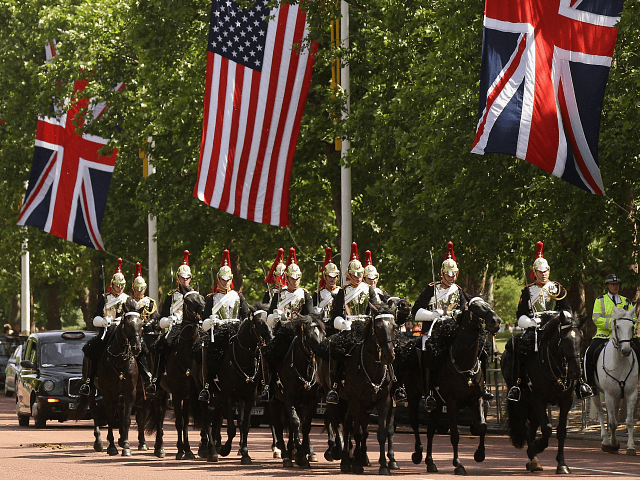United States Commerce Secretary Wilbur Ross has said President Donald Trump is “very supportive” of a deal with Brexit Britain, while taking aim at the EU’s “extreme protectionism”.
“There should be a free trade agreement [FTA] between us once the UK is on its own,” Ross told BBC economics editor Kamal Ahmed.
“We’re huge trading partners with each other and our economies are in many ways more similar to each other than either of us is to most of Europe,” he explained.
“So there’s all the logic in the world for the U.S. and the UK to be not only good trading partners, but FTA [Free Trade Agreement] partners.”
An investor with experience turning around companies in the automotive, steel, and textiles industries, Ross predicted that any attempts by the EU to start a “trade war” with the UK after Brexit “would probably be worse on the EU given where the trade balances sit”.
Asked if he felt Britain would be better off outside the bloc’s Customs Union, Single Market, and attendant Free Movement regime after Brexit, the Commerce Secretary noted: “Well, it gives the potential for a more intimate relationship with us if you’re out of it.
“[That’s] simply because you can do your own negotiating, you don’t need Brussels to do it, and in fact right now you’re required to have Brussels do it, so that’s a qualitative change in the relationship, and given the fundamental rapport between the U.S. and the UK I have to believe that could be constructive.”
Following a “joint scoping exercise” with British International Trade Secretary Liam Fox, Ross said he was confident an Anglo-American deal would not “take a decade” and would be concluded much faster than a deal with the rump EU.
“The EU talks a good job on free trade, but, in fact, it practises extreme protectionism,” he observed.
“I think it definitely would be [easier to do a UK deal] for lots and lots of reasons. I think most people in the UK regard themselves as free traders, but they are inadvertently protectionist because they’re part of the EU.”
Ross notes, for example, that Britain levies higher import tariffs than it otherwise might on American cars, because these are set by Brussels at a uniform rate for all EU member-states.
Naturally, this harms competitiveness for U.S. exporters and drives up prices for British consumers into the bargain.

COMMENTS
Please let us know if you're having issues with commenting.